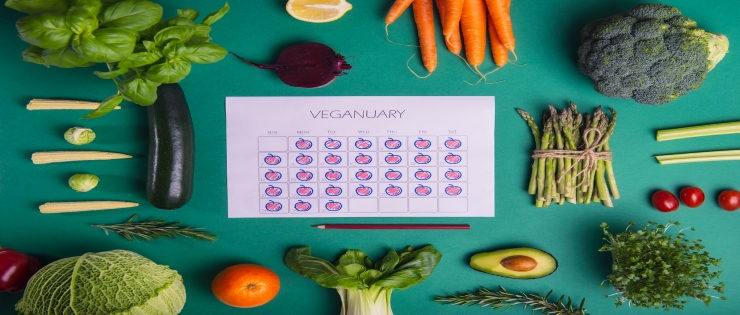
Let me assure you Veganism is going nowhere and it’s that time of year where we use the new year motivation to trial something new for a month or two.
What is Veganism?
Essentially, it’s following a 100% plant based diet. Whereas vegetarianism involves avoiding meat and fish, veganism goes a step further by avoiding all animal by-products including dairy, eggs, gelatine etc. Ethically focused vegans may also stay away from items made with animal by-products like leather shoes & bags. People follow a vegan diet for many reasons including ethical, religious, health-based reasons or it simply makes their body feel good!
What are the benefits?
Health. A more plant-based diet means that there is a greater chance you will consume more anti-inflammatory, alkaline foods, antioxidants and fibre. This means you may experience improved gut health, increased immunity and improved vitality.
Environmental. A vegan lifestyle is supporting environmental sustainability meaning you will be making less of a carbon footprint by not increasing the demand for the growth of animal agriculture. The truth is animal agriculture is a very real contributor to global greenhouse-gas emissions as reducing the amount of meat you eat may help the planet by lowering the demand for meat and the livestock industry, as they will eventually have to adjust accordingly.
Ethical. Going plant based means you are no longer choosing to consume animals, which for many is the main choice to make this dietary change as passionate animal rights advocates.
Will I become nutritionally deficient in anything?
The common misconception about veganism is the worry that a plant based diet will lead to nutritional deficiency. There is such a thing as a balanced vegan diet, but it depends on how organized and conscious you are. The most common question everyone asks a nutritionist about veganism is always about eating enough protein. Naturally most animal-based proteins (e.g. chicken, fish & eggs) contain all 9 essential amino acids making them a ‘complete’ source of protein for the body. Protein is most efficient to the body when we consume all the essential amino acids.’ Then, there are some plant based proteins that are complete too like Quinoa, Buckwheat, soy products, Hemp seeds, Chia seeds & Spirulina. However, some plant based proteins can be missing a couple of essential amino acids meaning they are ‘incomplete’, so, it’s important vegetarians and vegans learn how to combine food to get the best effects of their protein. Food always comes first, but I would consider supplementing with B12, algae omegas and spirulina purely as a safety base to prevent common deficiencies that may hinder the functioning of the brain and nervous system, amongst other things.
Please remember what works nutritionally for some may not work for others, so I encourage experimentation in all areas of nutrition. Freedom of choice is just as important as many may feel veganism is and we need to respect that. Don’t fancy going vegan? Why not start with simply lowering your meat consumption by beginning ‘Meat-free Monday’, where you swap out your meat-based proteins for plant-based alternatives once a week. If you do choose to consume meat and fish, try to make sure it’s sustainably sourced, organic and free-range.